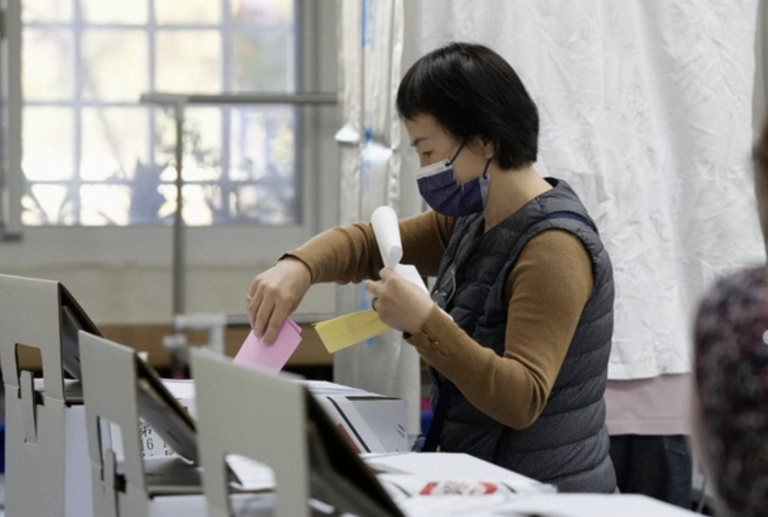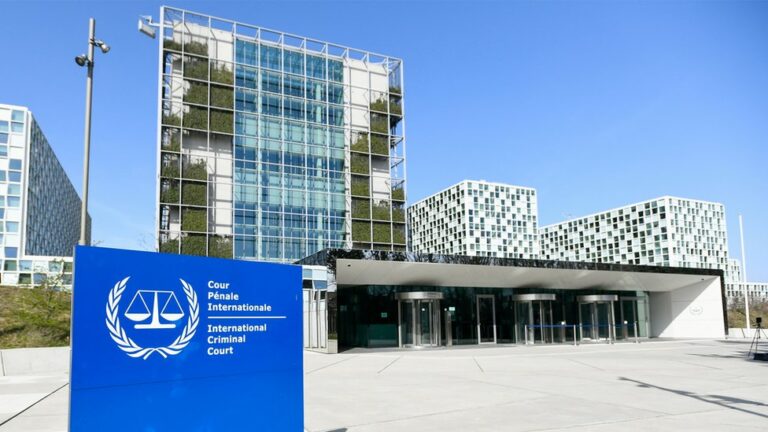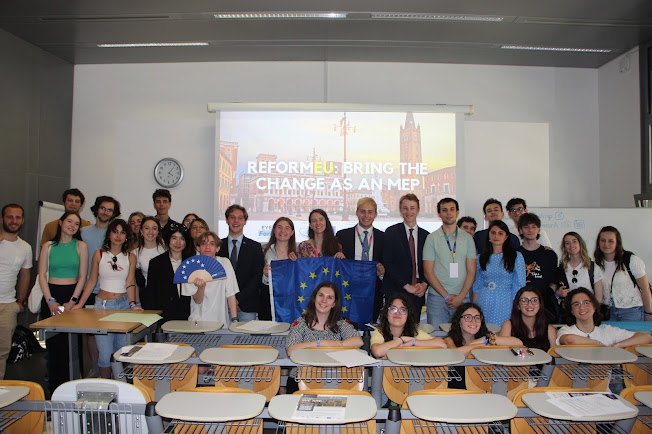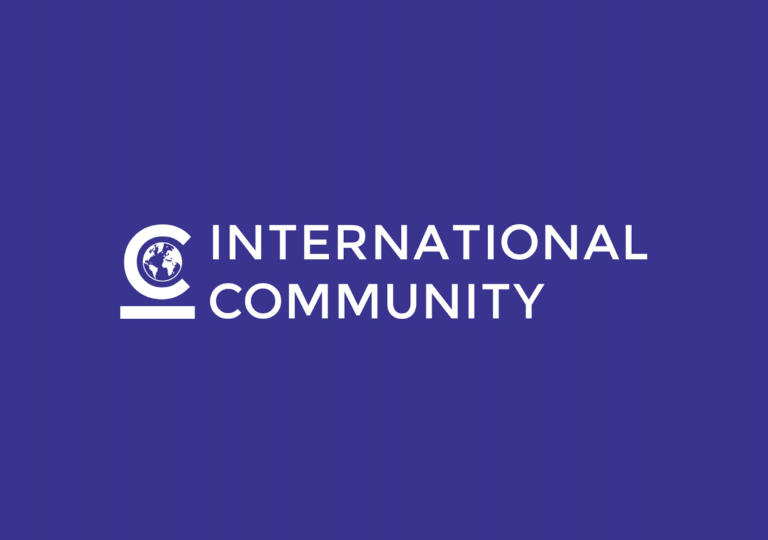IC Explore the EU Brussels 2024 – A wrap of a successful edition and innovative ideas for the future of the Common Foreign and Security Policy
Brussels, 29/09/2024 – Over the past two months, twenty-seven young professionals and university students, selected from a pool of over one hundred applicants from both EU and non-EU countries, gathered to deepen their understanding of the EU institutions, with a special focus on the European Council, its policymaking process, and the Common Foreign and Security Policy (CFSP).
The IC Explore the EU program, which commenced in August 2024, featured a comprehensive series of online lectures, covering lesser-explored aspects of the European Council’s official rules of procedure, the art of drafting EUCO conclusions, CFSP nuances, and European security. These lectures were led by distinguished guest speaker Mr. Alexander Borum, who also conducted an additional session on career opportunities in international relations.
From the outset, participants displayed strong engagement, raising thoughtful questions and maintaining punctual attendance during the remote sessions. However, it was during the in-person module that they truly excelled. Following tailored visits to the Council of the EU (Europa Building) and the European External Action Service (EEAS), the participants—now aptly referred to as the “Heads of State or Government”—embarked on a three-day simulation that immersed them in the complexities of diplomacy, European negotiations, and CFSP discussions in light of current external developments.

The culmination of this experience was a simulated European Council session, where participants debated and collaborated to produce two draft conclusions on the future challenges facing the CFSP. The intensive preparation beforehand, which included the submission of “position papers” by September 4th, enabled rich and informed discussions that led to the adoption of the first draft conclusion by consensus—a groundbreaking achievement that followed the official rules of procedure.
The quality of the debates was a testament to the participants’ innovative thinking and their ability to navigate real-world deadlocks often encountered in international diplomacy. Their success was celebrated not only by the program’s staff but also through special awards for exceptional contributions: Best Head of State (Marcin Szudrowicz), Outstanding Head of State (Lucas Schreyer), Honourable Mention (Paulina Mataseje), and Best Position Paper (Christina Alexandrou). Equally notable was the overwhelmingly positive feedback from participants, affirming the program’s success. But what makes the entire team delighted and proud is the final feedback of participants highlighting the outstanding results achieved throughout the program.
“Really smart people and the simulation was extremely well ran.”
“The mix of institutional visits and sessions, there was a really good variety.”
“The opportunity to broaden my knowledge in terms of the CFSP and also EU institutions and services. Meeting new people from various parts of Europe was a great enrichment. Most importantly the organizers gave us hope and motivation by leading us throughout our stay.”

Key Themes from the Simulated European Council Conclusions
The European Council’s conclusions, adopted on September 6th, 2024, during the IC *Explore the EU* simulation, addressed critical topics shaping the future of the EU’s Common Foreign and Security Policy and its strategic direction. Central themes included the Ukraine conflict, EU enlargement, cybersecurity advancements, energy security, strategic autonomy, and the green transition.
Ukraine and Russia’s Aggression
The Council unequivocally condemned Russia’s aggression against Ukraine, calling for continued financial and military support to restore Ukraine’s pre-2014 borders. This section reaffirmed the EU’s commitment to defending Ukraine’s sovereignty and promoting long-term peace and reconstruction efforts.
EU Enlargement and Integration
EU enlargement was highlighted as essential for regional stability and the promotion of democratic values. The Council emphasized accelerating accession talks with Albania, North Macedonia, Montenegro, and Bosnia and Herzegovina while pledging to offer Ukraine a clear path to membership once it meets the required conditions and conflict resolution is underway.
Cybersecurity and Hybrid Threats
Recognizing the growing threat of cyber-attacks, the Council urged member states to enhance their cybersecurity infrastructure. A “Team Europe” approach was recommended to counter hybrid threats, alongside strengthened cooperation with international partners. The conclusion also advocated for EU-wide cybersecurity exercises and cross-border information-sharing.
Energy Security and the Green Transition
Energy security was framed as pivotal to the EU’s future. The Council called for faster progress towards achieving the 2040 greenhouse gas reduction targets, focusing on the transition to renewable energy sources such as solar and wind. Key regional energy initiatives, such as the Greece-Cyprus-Egypt interconnection, were also endorsed to reduce Europe’s reliance on external energy sources amidst ongoing geopolitical challenges.

Strategic Autonomy
The Council advocated for reducing Europe’s dependency on external actors in security and defence by promoting greater integration within the EU’s military-industrial complex and strengthening cooperation with NATO. This push for strategic autonomy also encouraged deeper multilateral engagement with global partners.
Qualified Majority Voting for CFSP
In a bold move, the Council proposed the introduction of Qualified Majority Voting (QMV) in urgent CFSP situations, such as armed conflicts, terrorist attacks, or cyber threats. This would enable more rapid and decisive actions while balancing the sovereignty of member states. The proposal suggested limiting QMV to 30-day periods, with extensions possible through a supermajority vote.
Border Security and Migration
To enhance internal security, the Council recommended reinforcing FRONTEX’s mandate to prevent illegal migration and ensure the effective repatriation of migrants. This was balanced with the commitment to maintain the free movement of people within the Union.
Nuclear Energy and Technological Leadership
Finally, the Council reaffirmed the role of nuclear energy in achieving Europe’s green transition goals, alongside renewable energy sources. Ongoing research into nuclear fusion technology was endorsed as critical for ensuring Europe’s energy independence and maintaining its technological leadership.
The IC Explore the EU program has surpassed its objectives of providing participants with an immersive experience in European policymaking and diplomacy. The innovative ideas generated throughout the simulation, particularly those reflected in the final draft conclusions on the CFSP, will be shared with EU and Member State officials to stimulate real-world debate. In this way, the program continues to fulfil its mission of promoting innovation, democracy, and European values, with the hope of influencing future EU policies. In conclusion, the program not only equipped participants with essential academic and professional skills but also fostered a network of future leaders who are ready to shape the future of the European Union.
Author: Adriano Coco







